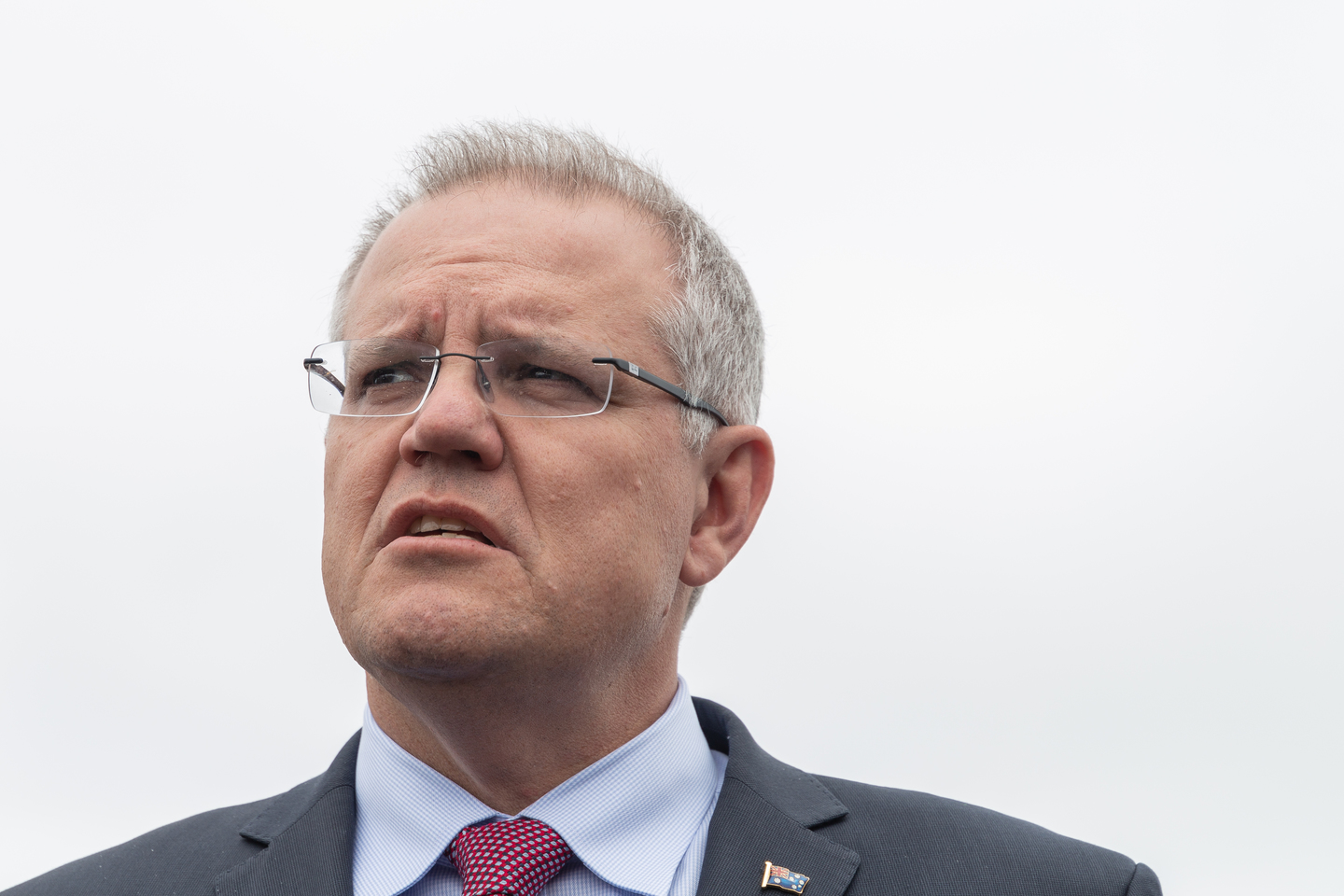The federal government has outlined seven principles for how public schools should respond to COVID-19, one day after Premier Mark McGowan reportedly began weighing whether to have classes return as normal in Term 2.


The federal government has outlined seven principles for how public schools should respond to COVID-19, one day after Premier Mark McGowan reportedly began weighing whether to have classes return as normal in Term 2.
Those principles, released today during Prime Minister Scott Morrison’s update on the pandemic, outline the basic guidelines that public schools will be asked to follow in response to the virus.
They include a commitment to remote learning if needed, an assurance of health and safety on campus, and that schools must continue to support students during the pandemic.
In addition to that guidance, Mr Morrison stressed that states themselves will ultimately decide how schools operate in respect to how they are managing their caseload.
"If you are going to school in Victoria there is only one person you need to listen to and that is the Premier of Victoria," he said.
"Likewise in New South Wales you should listen to the Premier of New South Wales.
"We are a big enough country with very different geographic and different case scenarios occurring in the states and territories for there to be some differences, but those differences I think accord with the principles that we have set out to date."
Today’s announcement comes after Mr McGowan reportedly began assessing whether to open schools in Term 2, saying health interests would come first when it comes to making a decision.
Speaking to reporters today, he expressed his preference to see class return as normal at the end of the month.
“As a father of three, I believe the best learning environment for children is in the classroom," he said.
"Obviously the start of Term 2 will be very different.
"Tomorrow I plan to announce, with the education minister, the WA approach to Term 2.
"Our approach to Term 2 will be influenced by expert public health and education advice."
Australian Medical Association WA president Andrew Miller this morning said that it made sense to begin easing restrictions by opening schools, cautioning however that other restrictions should remain in place for the foreseeable future.
Yesterday, State School Teachers Union of WA president Pat Byrne raised concerns with such a move, saying that teachers did not have adequate access to PPE ahead of Term 2.
Mr Morrison however waved off those concerns, saying that schools were generally a safe place for children to be.
“Where the confusion arises is that for teachers, they are … more at risk in the staff room than they are in the classroom,” he said.
“The health advice has been consistent that … schools are a safe space for children.”
Mr Morrison said he would like to see his children go back to school, but declined to say whether he would send them back to the classroom in Term 2.
The seven principles outlined today are:
- Our schools are critical to the delivery of high-quality education for students and to give our children the best possible start in life. Our education systems are based on the recognition that education is best delivered by professional teachers to students in the classroom on a school campus.
- It is accepted that during the COVID-19 crisis, alternative flexible, remote delivery of education services may be needed.
- Our schools must be healthy and safe environments for students, teachers and other staff to ensure the effective and efficient delivery of education to students.
- State and Territory Governments and non-government sector authorities are responsible for managing and making operational decisions for their school systems respectively, subject to compliance with relevant funding agreements with the Commonwealth.
- Decisions regarding the response to COVID-19 in the schooling sector must continue to be informed by expert, official, national and state-based public health and education advice, consistent with these national principles.
- All students must continue to be supported by their school to ensure participation in quality education during the COVID 19 crisis.
- The health advice consistently provided by the AHPPC is that attendance at a school campus for education represents a very low health risk to students. The advice also notes that appropriate practices must be employed at schools, like at other workplaces, to provide a safe working environment for school staff, including teachers, and that the specific AHPPC advice regarding school campuses should be followed.














